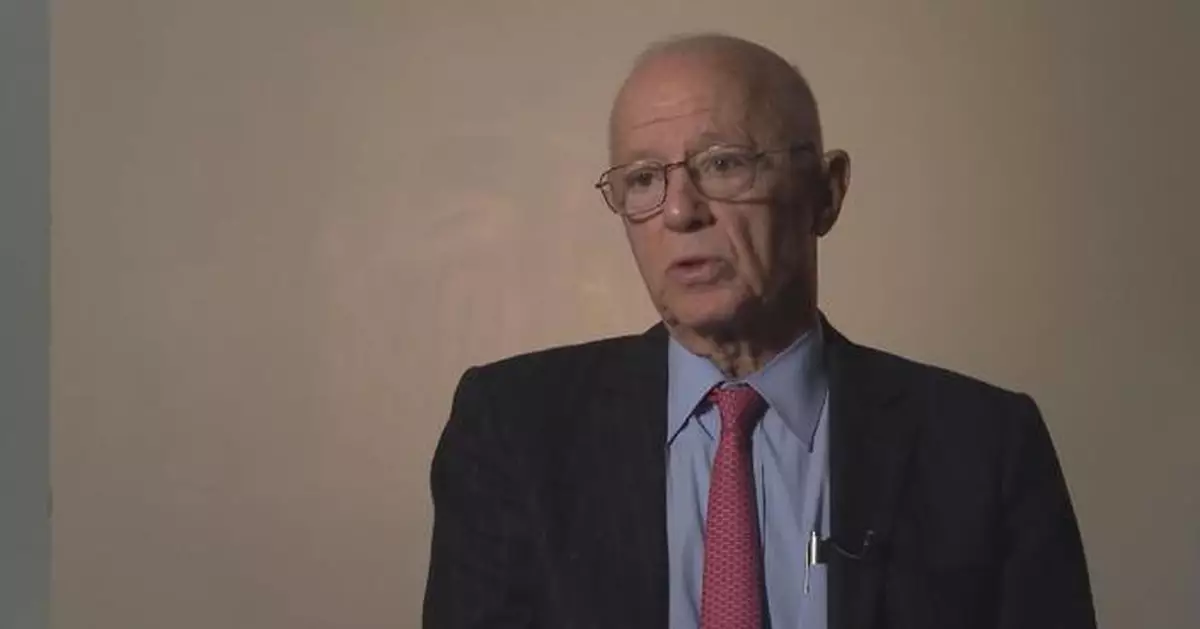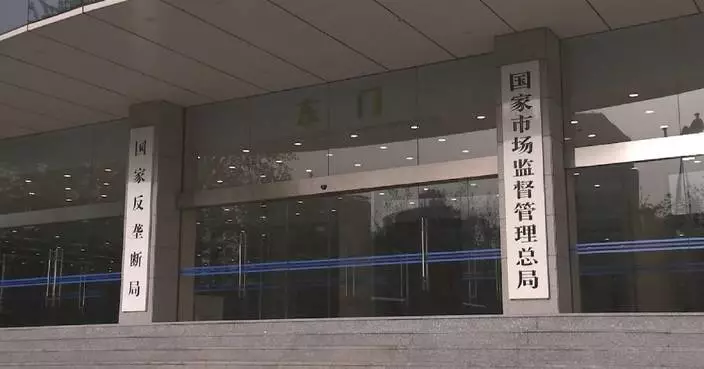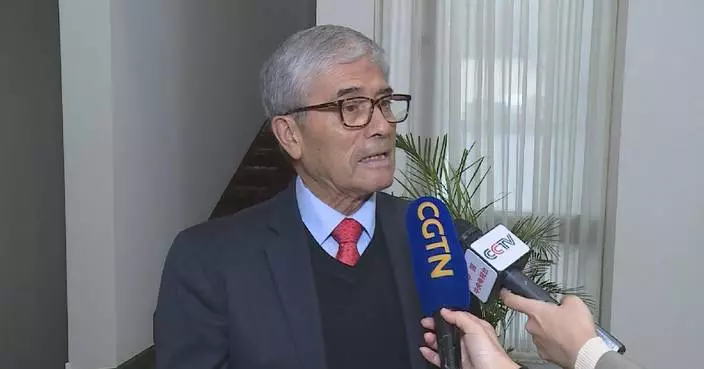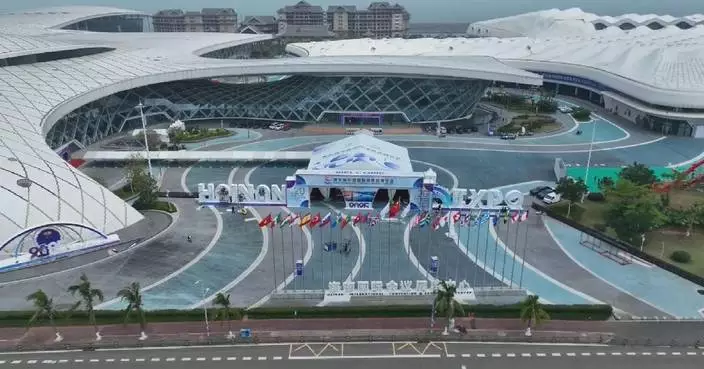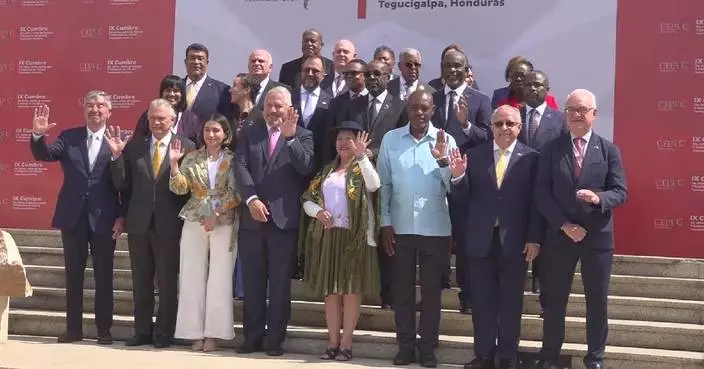The United States' new tariff policy is unlikely to create many jobs for American workers, but will cause economic slowdown in the country and even the world at large, said Stephen Orlins, president of the National Committee on U.S.-China Relations (NCUSCR) on Sunday.
U.S. President Donald Trump on Wednesday signed an executive order on the so-called "reciprocal tariffs", imposing a 10-percent "minimum baseline tariff" on all trading partners and higher rates on certain countries and products.
The order took effect Saturday, leaving all imports to the U.S. subject to 10-percent additional tariffs, except as otherwise provided.
Trump will also impose an "individualized reciprocal higher tariff" on the countries and regions with which the United States "has the largest trade deficits", according to a White House document. This will take effect on April 9.
In an exclusive interview with China Central Television (CCTV), Orlins noted that even if Trump's plan to reinvigorate manufacturing through tariffs is feasible, it still may not be successful in boosting employment because modern factories have become largely automated.
"They're going to create some jobs, but it's not going to be a huge number because most of these factories have become automated. I went to a factory the size of a football field and there were probably 10 workers in the whole factory, and the robots would be at the end of the production line," said Orlins.
The committee president said the U.S. tariff policy has brought a lot of uncertainties, and the market remains concerned that the imposition of tariffs could lead to a slowdown in the global economy.
"It's a time of change. It's a time, as the markets reflect, of some dislocation. We don't know what the effect on the world economy is going to be. It's all projections. It's going to be in a matter of months that we see what would happen. So, the markets are predicting this is going to lead to slowdown globally and slowdown in the United States," he said.
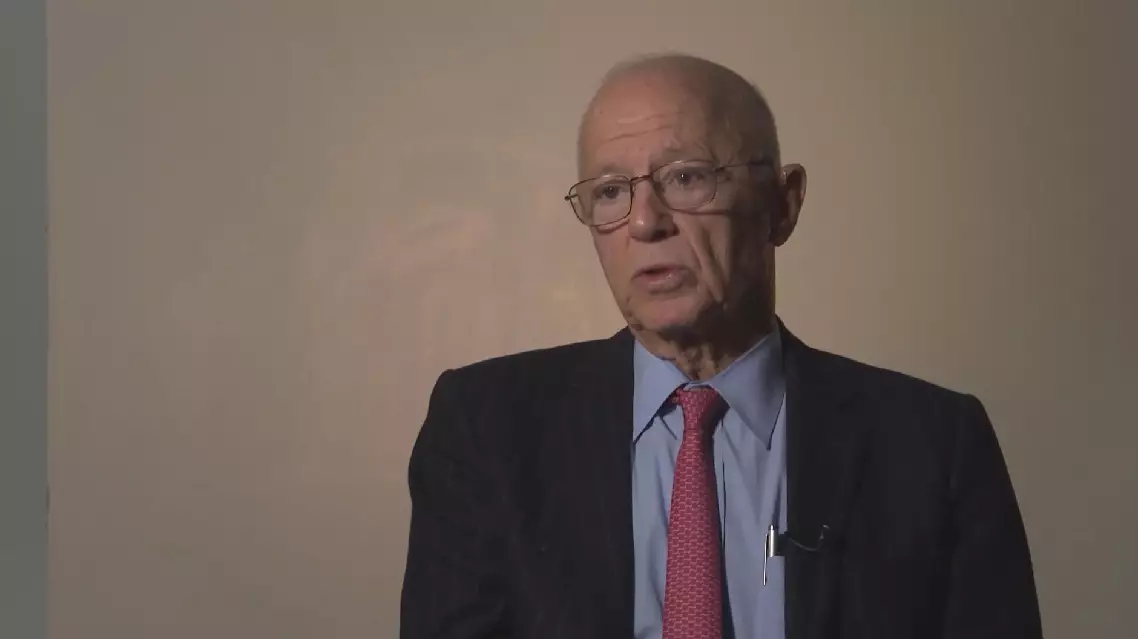
U.S. tariffs projected to cause global economic slowdown: NCUSCR president
A conference on sustainable development cooperation among Shanghai Cooperation Organization (SCO) member states concluded with the signing of 18 key projects worth a total of 4.795 billion yuan (about 655.5 million U.S. dollars) on Thursday in north China's Tianjin Municipality.
The projects, covering new energy, new materials, infrastructure, and automotive supply chains, are expected to boost practical cooperation among member states.
Nearly 400 guests, including officials and enterprises from SCO member states, attended the opening session. The conference is part of a series of activities ahead of the upcoming SCO summit in China this autumn.
The agreements involve eight countries, including the UAE, Egypt, and Uzbekistan. Notable projects include a 200-megawatt transformer substation in Egypt's Suez Canal Economic Zone and a collaboration between the UAE and Tianjin Municipality to help local enterprises expand overseas.
Ahmed El Homosani, CEO of the Sczone Utilities, highlighted the importance of the power substation project in attracting quality investments. "What we are going to sign is a framework agreement regarding building a new substation, 200 mega of electricity power. It will attract more and better investments," he said.
Meanwhile, Avinash Jagetiya, CEO of UAE's Sun Management Consulting, emphasized the significance of the cooperation agreement with Tianjin. "Yes, I'm certainly looking forward to this conference and that is the reason I'm here. And in this conference also we are going to sign an MOU (Memorandum of understanding) with Tianjing government. And this project is a step forward in serving the Tianjin enterprises and expanding their footprints and overseas market," he said. The conference also featured specialized sessions on energy, infrastructure, and mining cooperation. Energy cooperation was a focal point, with representatives from Kyrgyzstan noting increased interest from Chinese investors in energy projects.
"At present, a large number of Chinese investors are directly engaged with Kyrgyzstan's State Investment Agency for energy projects, including hydropower, solar and wind power plants," said Maksatbek Botoyarov, chief specialist of the Department of Investment Attraction and Regional Development of Kyrgyzstan.
Participants, including representatives from traditional energy firm LONGi, expressed commitments to increasing investments in the new energy sector and exploring green transformation pathways with SCO members.
"Over the years, we have developed green electricity and green hydrogen products and technical solutions to help these SCO countries achieve their sustainable development and energy transition. We are also actively communicating with the Kazakh government to formulate specific plans and programs for implementation," said Shi Shufeng, marketing director of LONGi's Central and East African Market.
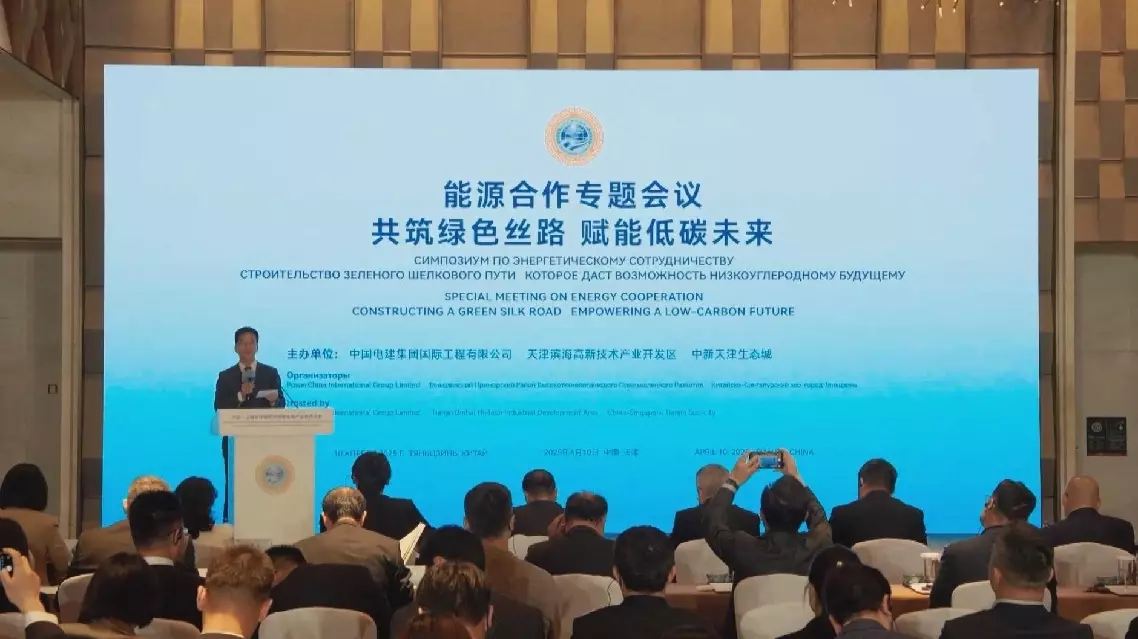
SCO sustainable development conference secures 18 projects involving nearly 4.8 bln yuan



